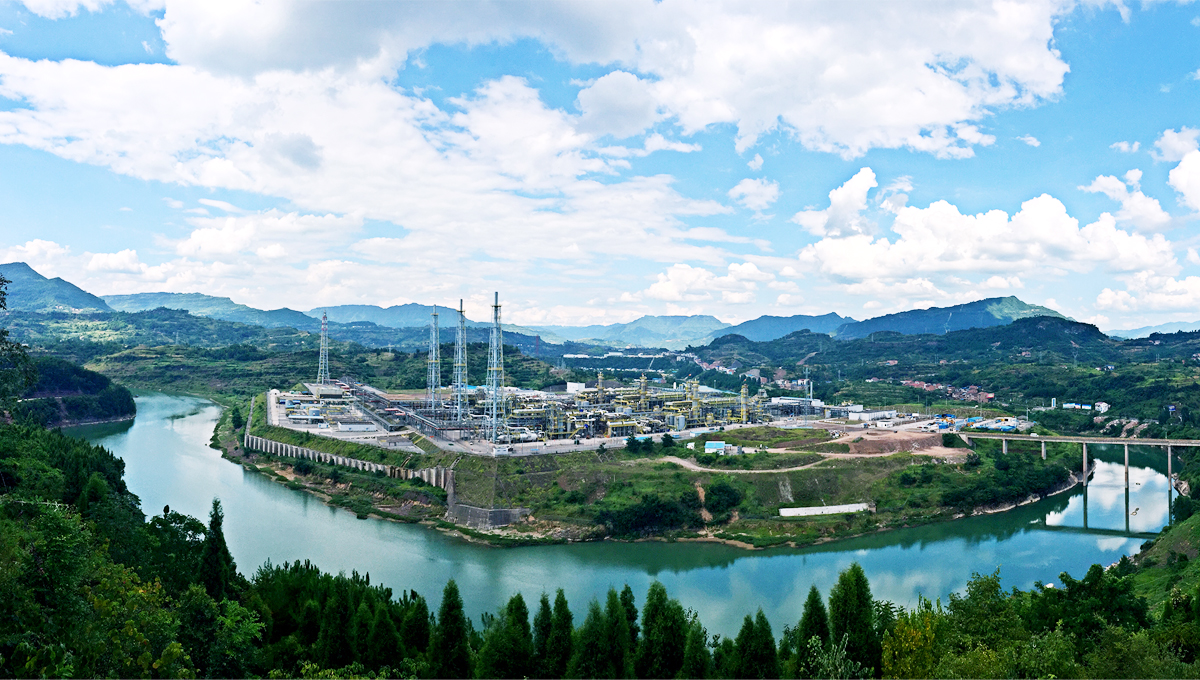【CCS/CCUS】中国CCS/CCUS发展瓶颈与应对策略
Bottlenecks and response strategies for the development of CCS/CCUS in China
浏览(16330) 下载(68)
- 引用格式:
-
刘贵洲,方瑞瑞,窦立荣,甘先翔,冯连勇.【CCS/CCUS】中国CCS/CCUS发展瓶颈与应对策略[J].天然气与石油,2024,42(5):8-14.doi:10.3969/j.issn.1006-5539.2024.05.002
LIU Guizhou, FANG Ruirui, DOU Lirong, GAN Xianxiang, FENG Lianyong.Bottlenecks and response strategies for the development of CCS/CCUS in China[J].Natural Gas and Oil,2024,42(5):8-14.doi:10.3969/j.issn.1006-5539.2024.05.002
- DOI:
- 10.3969/j.issn.1006-5539.2024.05.002
- 作者:
- 刘贵洲1 方瑞瑞2 窦立荣3 甘先翔2 冯连勇2
LIU Guizhou1, FANG Ruirui2, DOU Lirong3, GAN Xianxiang2, FENG Lianyong2
- 作者单位:
- 1. 中国石油国际勘探开发有限公司, 北京 100034; 2. 中国石油大学(北京)经济管理学院, 北京 102249; 3. 中国石油勘探开发研究院, 北京 10008
1. China National Oil and Gas Exploration and Development Company Ltd., Beijing, 100034, China; 2. School of Economics and Management, China University of Petroleum-Beijing, Beijing, 102249, China; 3. PetroChina Research Institute of Petroleum Exploration & Development, Beijing, 100083, China
- 关键词:
- CCS;CCUS;商业化;应对策略
CCS; CCUS; Commercialization; Response strategies
- 摘要:
碳捕集与封存(Carbon Capture and Storage,CCS)或碳捕集、利用与封存(Carbon Capture,Utilization and Storage,CCUS)能够与传统能源耦合进行深度减碳,是碳中和重要的技术选择和推手。由于中国能源结构的煤基特点,发展CCS/CCUS是中国能源转型的必经路径。目前中国CCS/CCUS发展处于起步阶段,存在诸多短板有待补齐:技术成熟度、集成度低,顶层设计缺失、宏观规划不足,市场机制、政策激励与基础设施等商业化基础薄弱,大型项目商业模式仍不明确,法律框架与标准化空白,这些因素共同制约着CCS/CCUS的规模化发展。为此建议:国家层面上要把握能源转型的窗口期,做好政策规划与顶层设计,出台系统的政策体系激励产业发展,健全法律框架和技术标准,在管道布局上要未雨绸缪,技术创新要明确重点,丰富、完善碳交易市场与碳税机制,合力构筑有助于CCS/CCUS快速发展的商业环境。
CCS/CCUS can be coupled with traditional energy sources for deep carbon emission reduction, and is an important technology choice and driver for carbon neutrality. Due to the coal-based nature of China's energy structure, the development of CCS/CCUS is a necessary path for China's energy transformation. At present, the development of CCS/CCUS in China is in its infancy, and there are many shortcomings that need addressing:low technology maturity and integration, lack of top-level design, insufficient macro planning, weak foundation for commercialization including market mechanism, policy incentives and infrastructure, unclear business models for major projects and gaps in legal framework and standardization—all of which collectively restrict the large-scale development of CCS/CCUS. To this end, it is suggested that at the national level, there is a need to seize the critical window of opportunity during the energy transformation, carry out comprehensive strategic planning and top-level design, introduce a systematic policy framework to stimulate industrial development, improve the legal framework and technical standards, prepare in advance for CO2 pipeline layout, clarify the focus of technological innovation, enhance and refine the carbon trading market and carbon tax mechanism, and work together to build a business environment conducive to the rapid development of CCS/CCUS.



